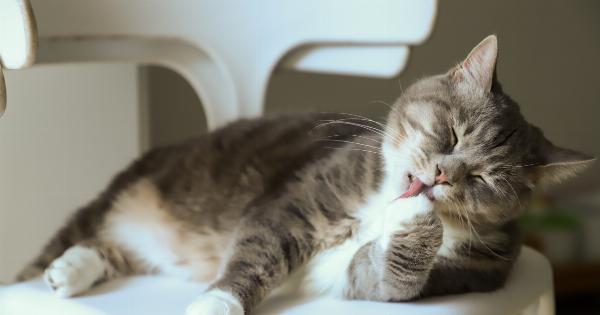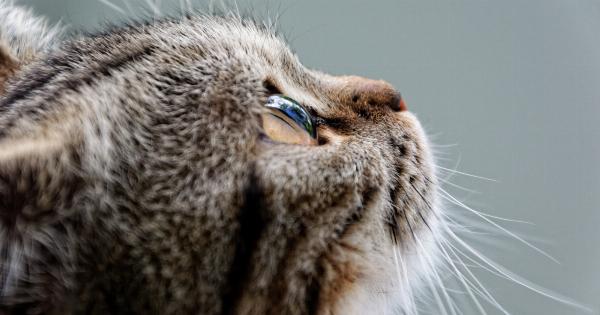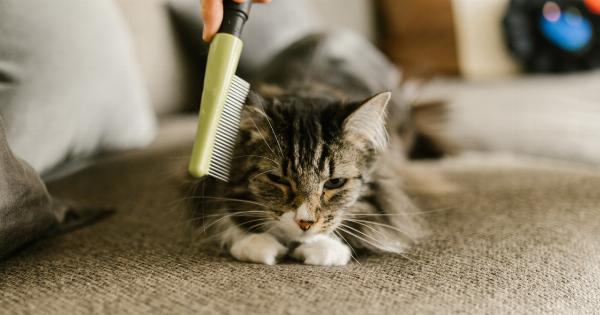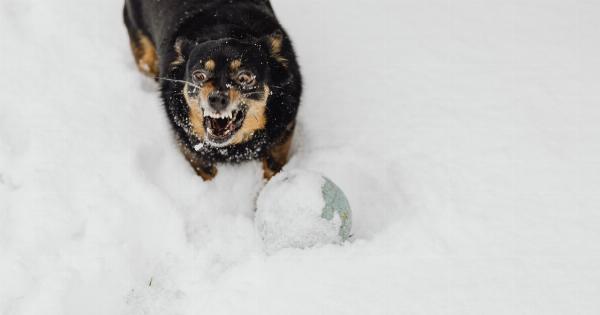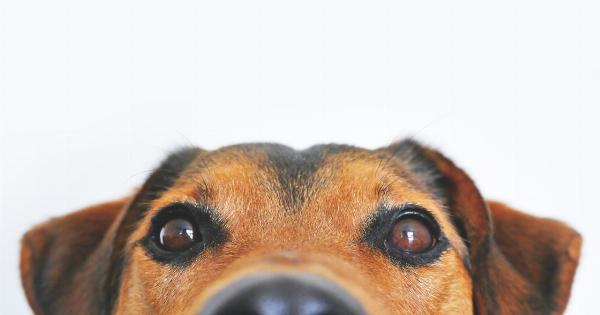As a loving pet owner, ensuring the health and well-being of your furry friend is of utmost importance.
While regular visits to the veterinarian are essential, there are several home health checks you can perform to monitor your pet’s overall wellness. These checks can help you catch potential health issues early on, allowing for timely intervention and treatment. Here are eight home health checks you can perform on your pet:.
1. Checking their Body Weight
Weight management is crucial for your pet’s overall health. Regularly monitoring their weight can help you detect any sudden or significant changes, which may indicate an underlying health problem.
Use a digital or analog scale specifically designed for pets, and weigh them at regular intervals. Consult your veterinarian if you notice any unexpected weight gain or loss.
2. Assessing their Coat and Skin
Your pet’s coat and skin tell a lot about their health. A shiny and lustrous coat indicates good nutrition and overall wellness. Look out for any signs of dandruff, redness, inflammation, rashes, or excessive shedding.
These may be indicative of allergies, infections, or underlying health conditions. Regular brushing and grooming sessions also allow you to bond with your pet while inspecting their coat and skin closely.
3. Checking their Eyes
Clear and bright eyes are a sign of good health in pets. Examine their eyes for any redness, discharge, swelling, or cloudiness. Additionally, check their pupils for equal size and response to light.
Any abnormalities could indicate eye infections, allergies, or other issues that require veterinary attention.
4. Examining their Ears
Ear infections can be quite common in pets, especially in those with floppy ears. Regularly inspect your pet’s ears for any signs of inflammation, discharge, foul smell, or excessive wax buildup.
If you notice any abnormalities or if your pet shows signs of discomfort, such as head shaking or scratching, it is advisable to consult your veterinarian for a thorough examination.
5. Assessing their Teeth and Gums
Oral health plays a vital role in your pet’s overall well-being. Check their teeth and gums regularly for any signs of tartar buildup, redness, swelling, bleeding, or bad breath. These can indicate dental diseases or infections.
While home dental care is essential, professional dental cleanings may also be necessary. Discuss your pet’s oral health with your veterinarian and follow their recommendations.
6. Monitoring their Breathing
Pay attention to your pet’s breathing patterns. Breathing should be smooth, regular, and unlabored. Any difficulty in breathing, coughing, wheezing, or excessive panting could be signs of respiratory issues, allergies, or heart problems.
If you notice any abnormalities, it is crucial to seek veterinary advice promptly.
7. Examining their Paws and Nails
Paw health is essential for your pet’s overall comfort. Regularly check their paws for any cuts, sores, swelling, or foreign objects lodged between their pads.
Trim their nails regularly to avoid overgrowth, which can lead to pain and difficulty walking. Be cautious while trimming their nails to avoid injuring the quick. If you are unsure about nail trimming, consult your veterinarian or a professional groomer.
8. Observing their Behavior and Appetite
Changes in behavior or appetite can be indicative of underlying health issues. Monitor your pet’s eating habits, water intake, and overall behavior.
A sudden loss of appetite, excessive thirst, lethargy, aggression, or any unexplained changes in behavior should be reported to your veterinarian. These changes may indicate various medical conditions, and early detection is crucial for effective treatment.
Remember, while these home health checks are helpful in monitoring your pet’s wellness, they should always complement regular veterinary care.
If you notice any abnormalities during these checks or if you have concerns about your pet’s health, consult your veterinarian for a thorough examination.

